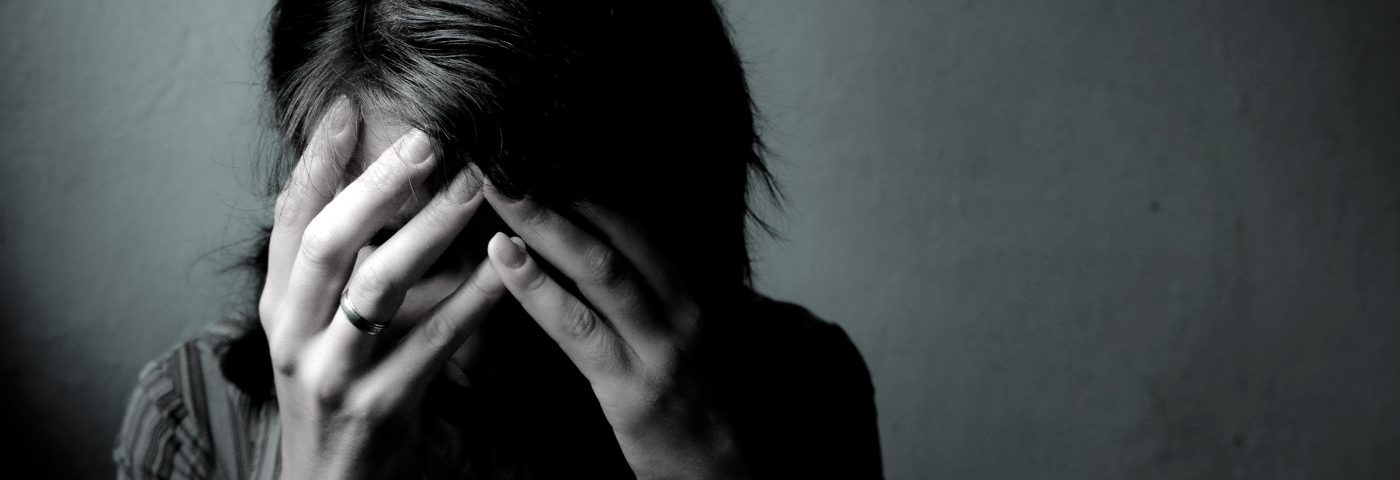The complex relationship between endometriosis and depression in women is largely determined by chronic pelvic pain, a systematic review has found.
According to the researchers, raising awareness among physicians on the nature of this relationship, which “is arguably more complex than a direct cause-effect relationship,” is essential to finding the best course of treatment and improving the quality of life of women with endometriosis.
The review study, “Depressive symptoms among women with endometriosis: a systematic review and meta-analysis,” was published in the American Journal of Obstetrics & Ginecology.
Endometriosis, a chronic disease caused by the abnormal growth of womb cells outside the uterus, is estimated to affect approximately 10 percent of women of reproductive age.
The disorder is mainly associated with infertility and chronic pelvic pain, but patients may also experience painful sexual intercourse (dyspareunia), painful or irregular menstrual cycles (dysmenorrhea), painful bowel movements (dyschezia), psychological issues, and overall low quality of life.
Symptoms of depression are significantly more common among individuals with chronic pain. Therefore, “an association between endometriosis and depression may be reasonably expected,” the researchers say. However, so far, no study explored this potential relationship thoroughly.
In this review study, the authors established two goals: first, to determine if there is a link between endometriosis and depression; and second, to assess whether depression is more common in women with chronic pelvic pain associated with endometriosis than in women with endometriosis but without pelvic pain and women with pelvic pain but without endometriosis.
The review included studies published over the past 30 years focused on comparing the clinical outcomes of women with and without endometriosis, or, among those with endometriosis, women with and without chronic pelvic pain.
A meta-analysis from 24 studies involving a total of 99,614 women revealed that those with endometriosis had significantly higher levels of depression than those not affected by the disease. This effect was even stronger when the researchers performed the same type of analysis on 11 studies (1,070 women) comparing between healthy women and those with endometriosis.
Further analysis showed that women with endometriosis who also experienced chronic pelvic pain had higher levels of depression than those who did not report pain.
However, no significant differences were found between women with endometriosis and chronic pain and those with chronic pain not affected by the disease.
“The findings of our multiple meta-analyses provide converging evidence that chronic pain, rather than endometriosis itself, is the main determinant of depressive symptoms,” the researchers wrote. “Screening for psychiatric symptoms among women with endometriosis has therefore been advocated, and our findings would suggest to particularly direct it to those with chronic pain.”
“Future studies into possible modulators of the association will hopefully provide further insights about how to improve the quality of life of women with endometriosis and/or pelvic pain,” they concluded.

